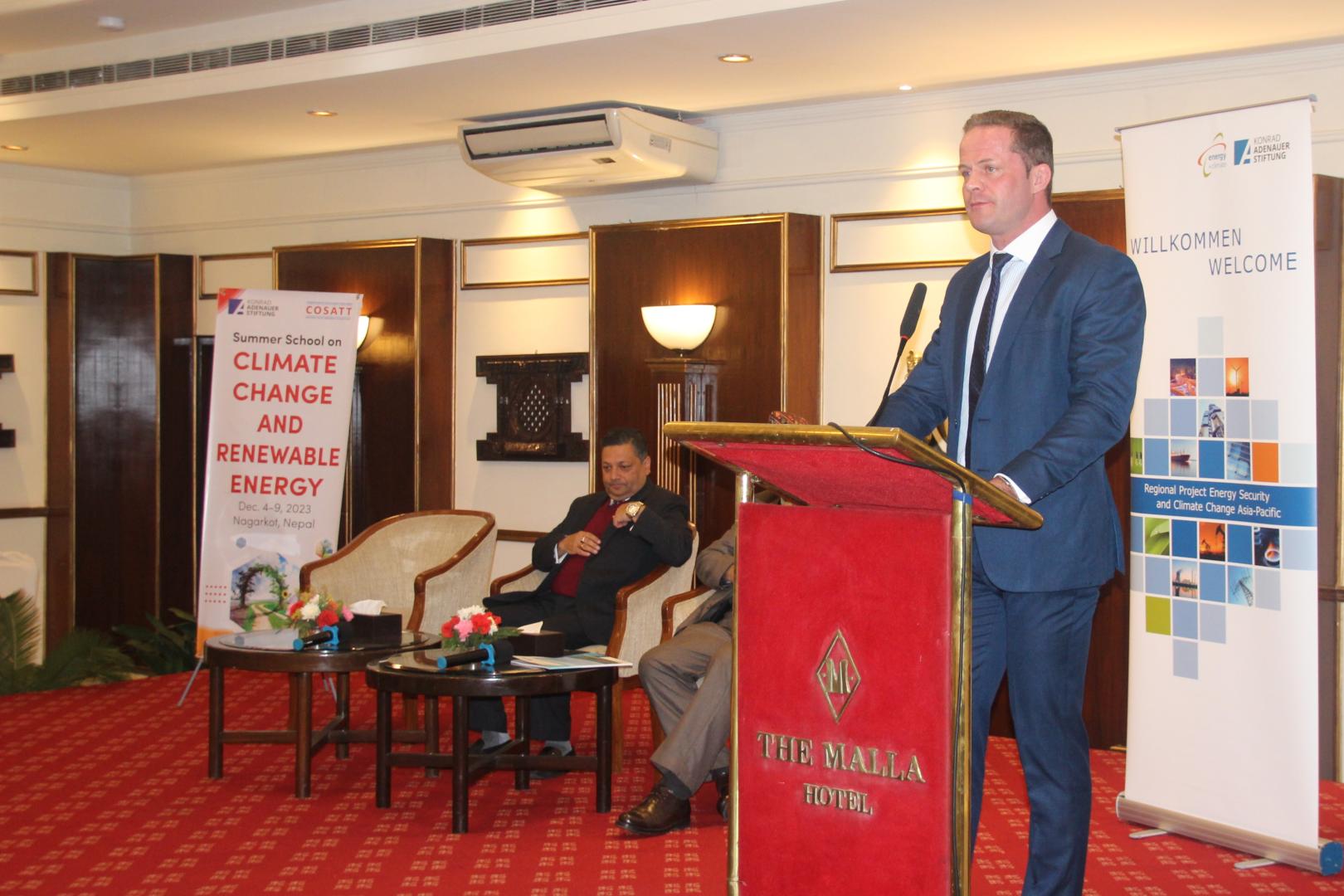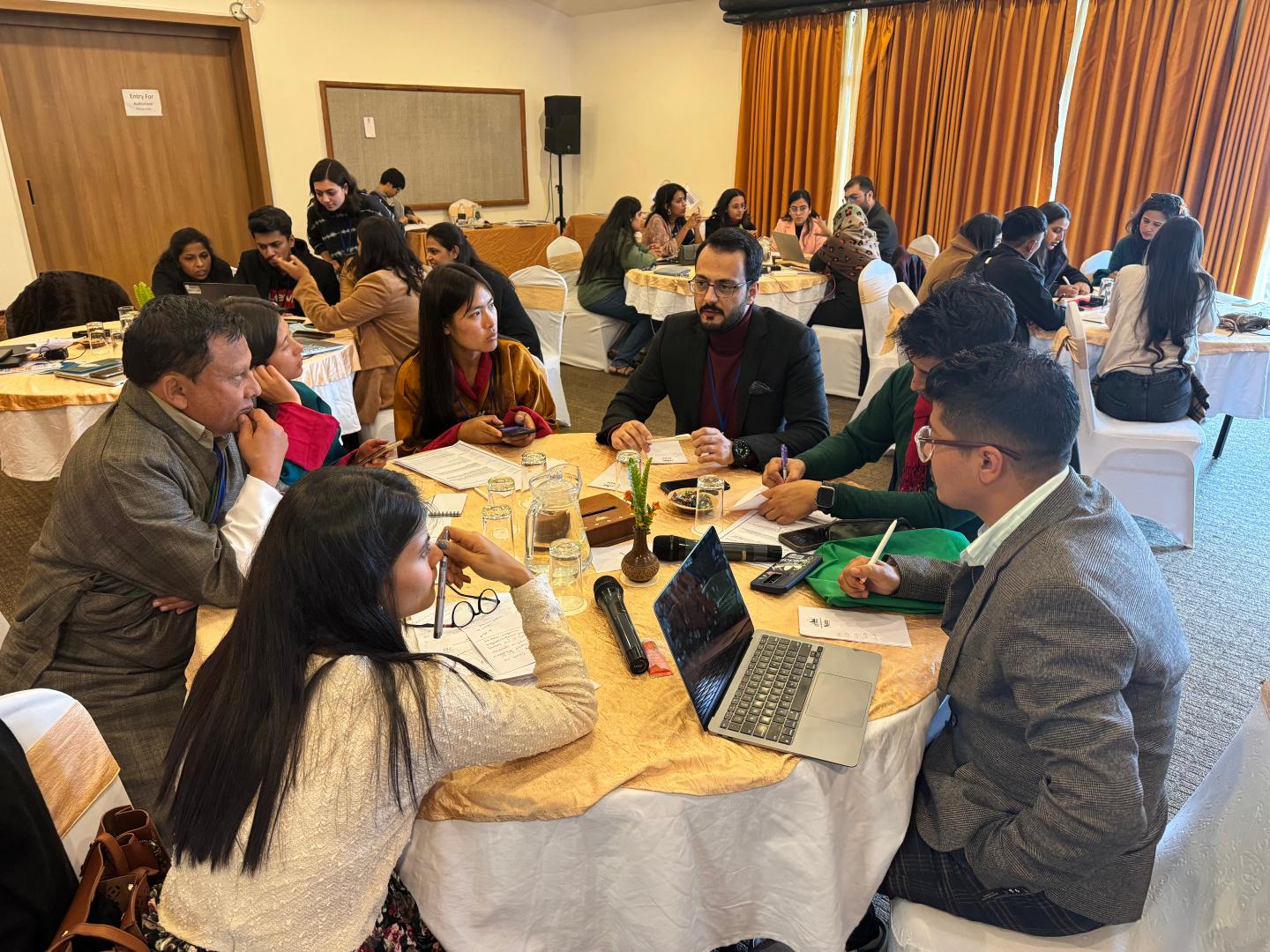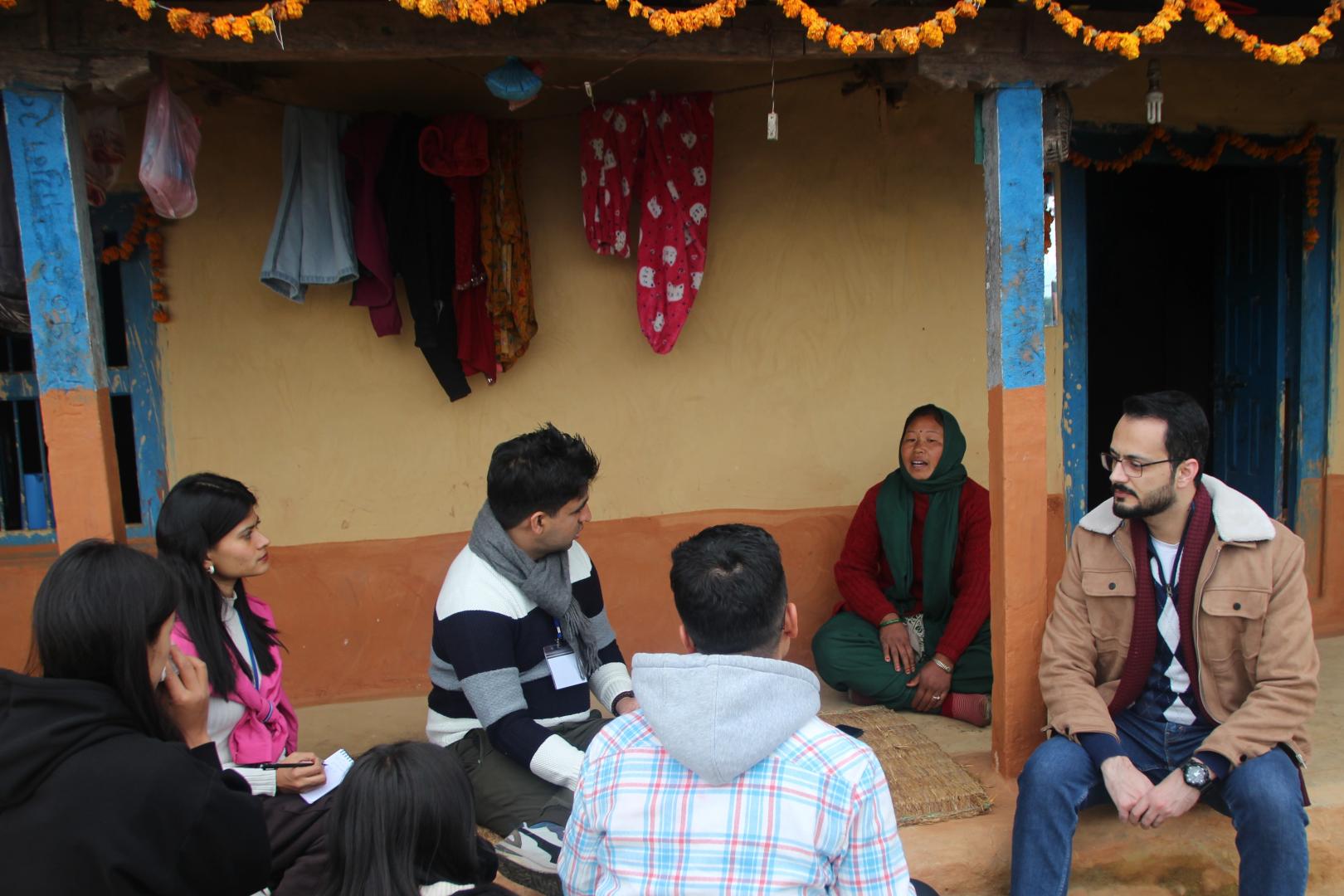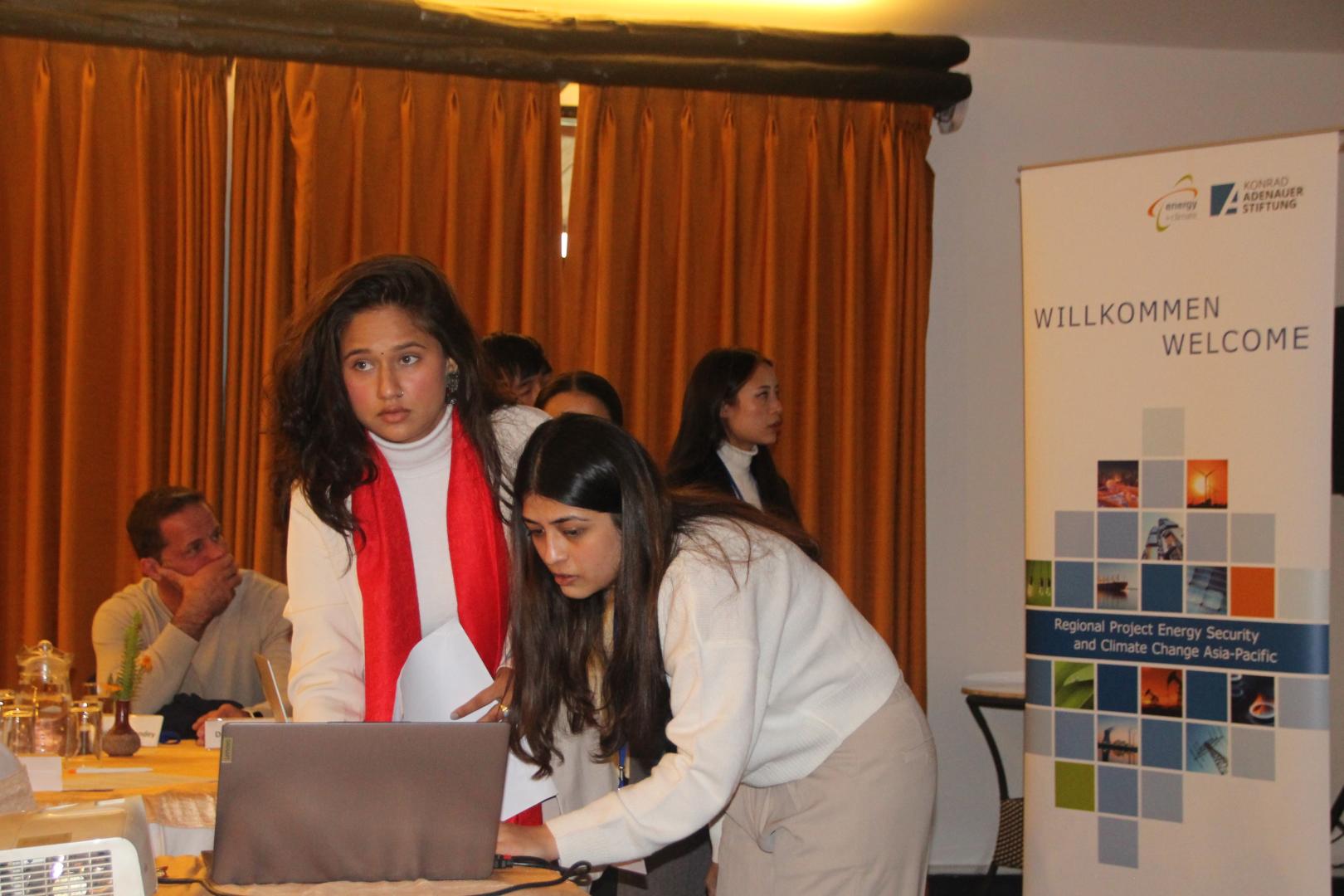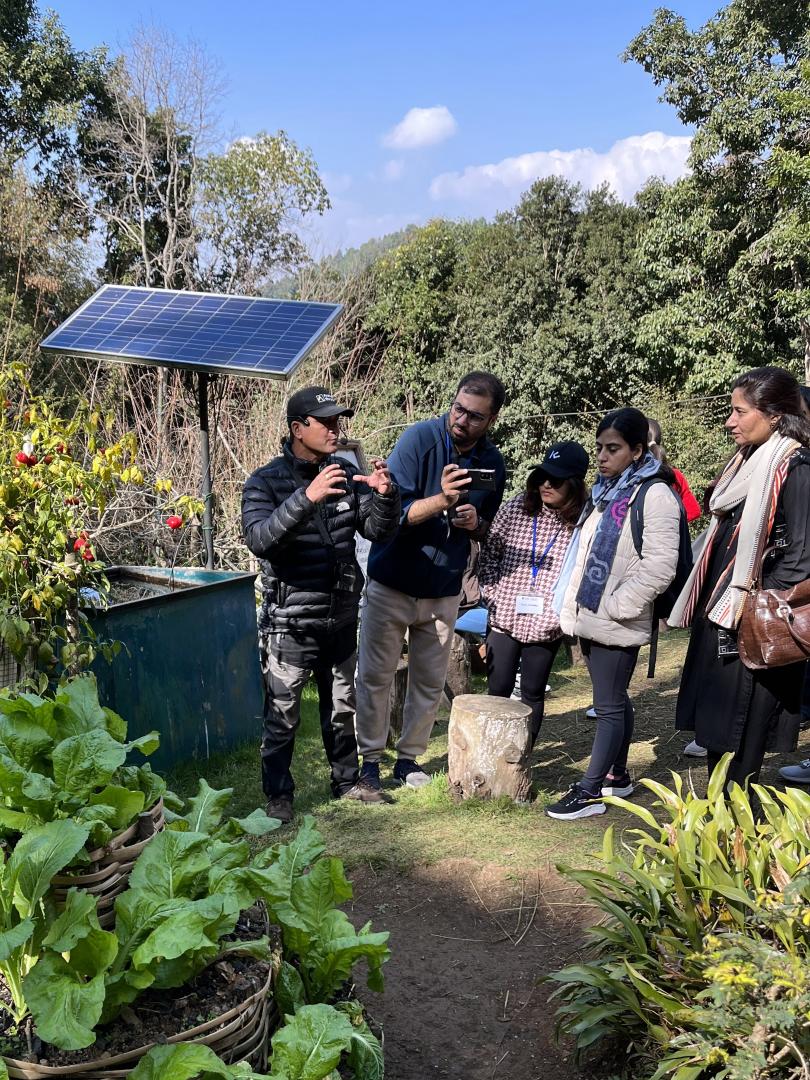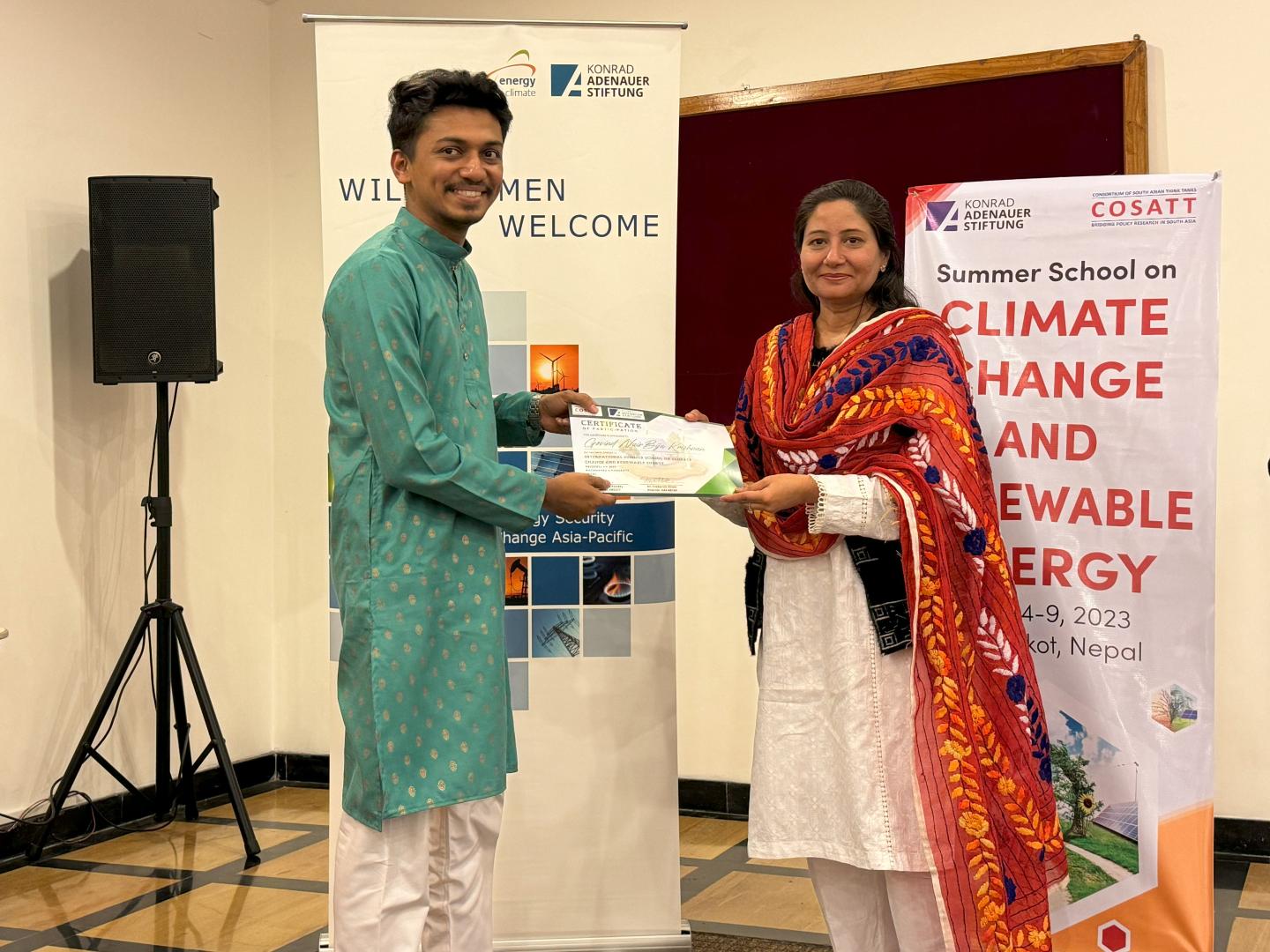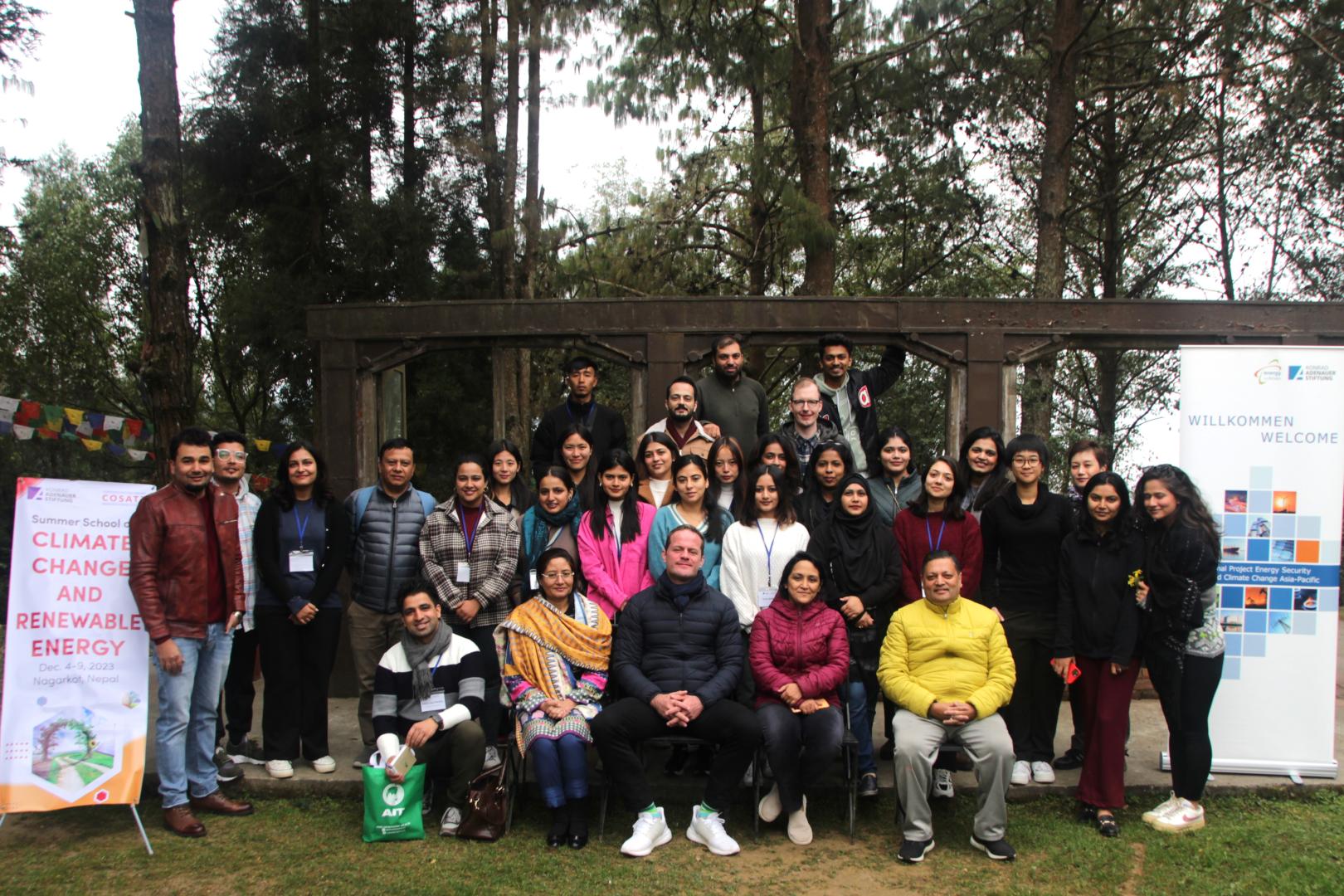While climate change is affecting every region in the world, its impacts are particularly severe in South Asia. Impacts on ecosystems and millions of people are projected to worsen in the coming decades if mitigation and adaptation measures will not be enhanced. Rising temperatures, changing monsoon patterns, glacier melting, sea level rise, and extreme weather events are some of the key consequences. SAARC countries are at the forefront of climate induced disasters, which impact health and lead to food security concerns, displacement, and increased migration, amongst others.
The International Summer School on Climate Change, held for the second time this year, aims to educate, and empower the youth of South Asia with practical knowledge about climate change and its implications in the region. The program provides participants with a comprehensive understanding of the science, impacts, and solutions related to climate change, enabling them to become informed advocates and future leaders in addressing this critical issue.
KAS RECAP together with COSATT invited students, researchers and young professionals to Nepal. After the official opening ceremony, the following one-and-a-half days were filled with lectures and presentations by teachers and experts from various South Asian countries. The participants received a general orientation on climate change related topics and common terminology, followed by in-depth presentations on the effects of climate change in Nepal, Pakistan, Bangladesh, and the Himalayas, on adaptation practices in Bhutan as well as impacts on livelihoods of vulnerable communities in the wider region.
Equipped with these insights and learnings, participants were split into small groups to prepare for field work. With its varied geography and climatic conditions, Nepal provides numerous examples of local impact of climate change induced extreme weather events such as drought, extreme flood, erratic rainfall, and snow-fed river water decline, which have direct and visible implications for people’s livelihood and biodiversity. In their respective groups, the students prepared concept notes for their research, clarifying their suggested research designs and methodology of data collection and analysis. The presentation of these preparations concluded the day.
The next morning, the groups went to a small village to implement their research and obtain information if and how climate change is affecting local communities. In difficult hilly terrain at an elevation of above 2,000 metres above sea level, students conducted interviews with villagers and experienced the hardships of local small farmers close up before presenting their findings to teachers and their fellow students later this afternoon.
After these practical insights on a random basis, the next day students and teachers visited the International Centre for Integrated Mountain Development (ICIMOD), close to Kathmandu. A regional intergovernmental learning and knowledge sharing centre of the Hindu Kush Himalaya region, the centre helped the students to better understand how climate change impacts communities disproportionately, depending on their respective degree of vulnerability. Pragmatic adaptation measures could be experienced first-hand, from low-cost solar powered irrigation pumps, and peltric set technologies to community-based flood early warning systems – measures that can contribute to transform communities from climate vulnerable to climate resilient ones. Back in the training facility, the event concluded with an award ceremony and students received their Summer School certificates.
Now in its second year, the KAS-COSATT International Summer School on Climate Change once again proved its value as an impactful capacity building measure. It allows young participants with various backgrounds from around South Asian to extensively learn about climate change and its impacts and observe best practices around the region. Among the participants it increased awareness and understanding of climate change science, its causes, and effects on the South Asia region. The regional context ensured that participants identified themselves with the topics and inspired them to actively engage in climate action by learning about mitigation and adaptation strategies relevant to South Asia. Thus empowering South Asian youth to become climate change ambassadors in their communities, schools, and universities.
The Summer School can be downloaded from the link on the right column.



